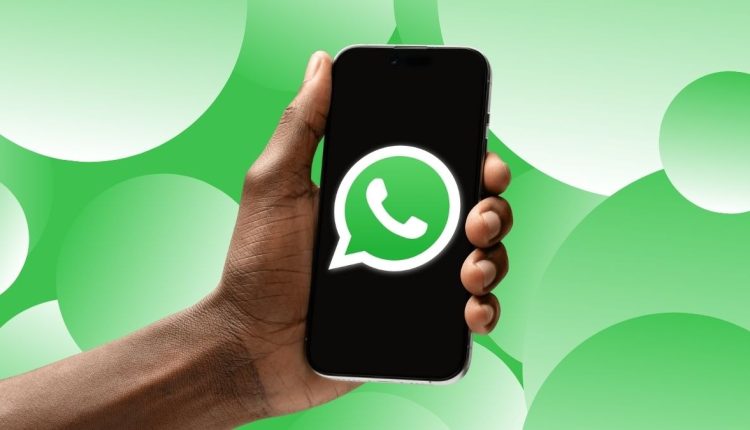WhatsApp is poised to dismantle one of its longstanding barriers to communication with an upcoming “Guest Chats” feature. Currently in development and spotted in Android beta version 2.25.22.13, this functionality will allow WhatsApp users to initiate text conversations with people who don’t have the app installed or even a WhatsApp account. Meta’s move signals a strategic shift toward interoperability while retaining WhatsApp’s signature privacy framework.
How Guest Chats Will Operate
The process begins when a WhatsApp user sends an encrypted invitation link via SMS, email, or social media to a non-user. Recipients can open this link in any mobile or desktop browser to access a secure, text-based chat session, no app download or account setup required. The interface resembles WhatsApp Web, providing a familiar messaging environment directly within the browser. Crucially, these chats will maintain WhatsApp’s end-to-end encryption, ensuring only the sender and receiver can read messages.
“Guest Chats eliminate the friction of asking contacts to install an app just for a single conversation,” notes Priya Sharma, messaging analyst at TechInsights. “It’s a low-commitment gateway that could subtly onboard new users.”
Purposeful Limitations and Strategic Vision
Initially, Guest Chats will be intentionally streamlined:
Text-only communication: No support for photos, videos, voice notes, GIFs, or documents.
No group functionality: One-on-one chat exclusively.
No voice/video calls: Audio and visual calling features remain restricted to full ausersser.
These constraints prioritize security and simplicity for temporary users. However, industry observers suggest media sharing could be added post-launch.
Regulatory Context and Competitive Edge
The development aligns with the European Union’s Digital Markets Act (DMA), which mandates interoperability between major messaging platforms. While “third-party chats” (integrating external apps like Signal or Telegram) require complex developer integrations, Guest Chats operate entirely within WhatsApp’s ecosystem. This allows Meta to control security and user experience more tightly.
Notably, the feature could weaken iMessage’s dominance in markets like the U.S. by letting iPhone users message WhatsApp contacts without switching apps.
Timeline and Implications
WhatsApp hasn’t confirmed a public release date, but sources indicate a rollout by late 2025 or early 2026. The system’s backend mechanics, such as chat expiration timelines and identity verification, remain undisclosed.
For businesses, Guest Chats could revolutionize customer outreach. “Imagine contacting a company via WhatsApp without sharing your phone number or installing software,” suggests fintech entrepreneur Michael Torres. “That’s a win for privacy-conscious consumers”.
Though currently basic, Guest Chats represent a foundational step toward an open yet secure messaging landscape. As WABetaInfo reports, WhatsApp is simultaneously developing tools to let users disable interoperability or select approved third-party apps, further empowering privacy choices.
By bridging WhatsApp’s 2.7 billion users and non-users, Meta isn’t just complying with regulations; it’s strategically positioning its platform as the universal conduit for global messaging.
Subscribe to my whatsapp channel


Comments are closed.